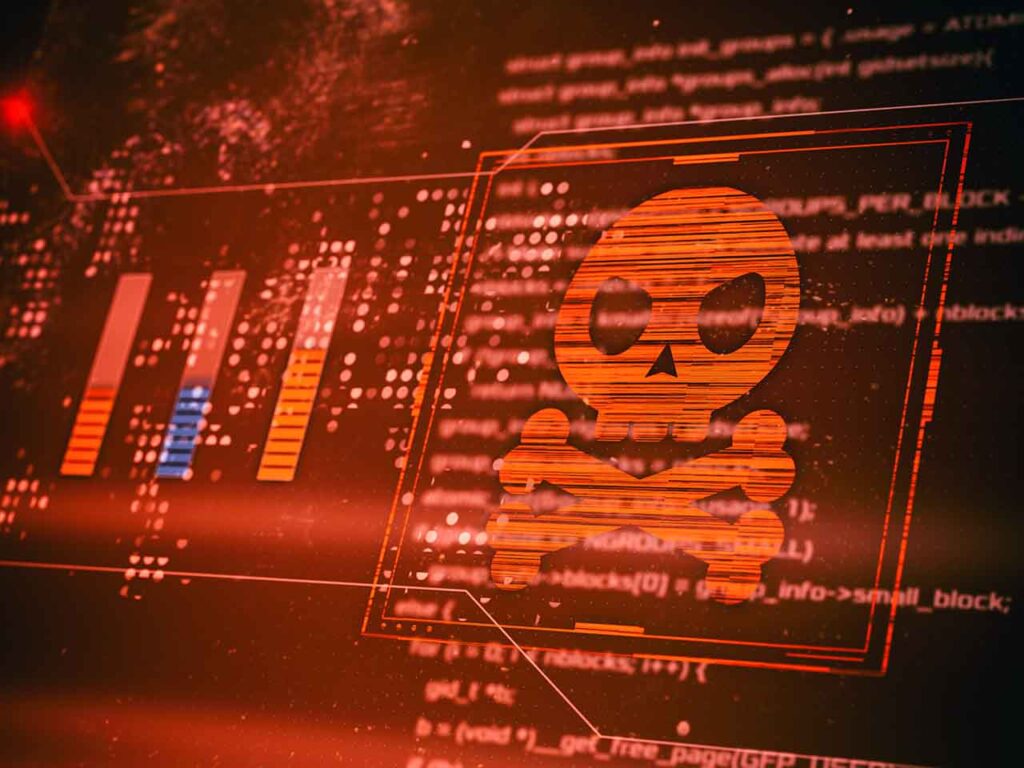Cybersecurity is a pressing concern worldwide, with countries continuously adapting their legal frameworks to address the evolving threats of the digital age. France, renowned for its rich history, world-class cuisine, and iconic landmarks, has emerged as a global frontrunner in the fight against cybercrime.
This article dives into France’s legislative steps to curb cyber threats and protect its digital citizens.

Stay One Step Ahead of Cyber Threats
The Beginning: The Digital Republic Act
In 2016, France took a significant step by adopting the Digital Republic Act (Loi pour une République numérique). This groundbreaking legislation was designed to enhance digital accessibility, promote open data, and, crucially, strengthen the rights and protection of internet users.
Among its provisions, the Act expanded on the obligations of online service providers, ensuring that user data is protected against cyber threats.
The French Military Programming Law
An essential aspect of France’s approach to cybercrime is the Military Programming Law (Loi de programmation militaire). Originally intended to cover various aspects of defense, its scope was broadened to include cybersecurity.
It mandates specific companies, especially those in the digital domain, to implement strict cybersecurity measures, ensuring the defense and national security sectors remain uncompromised.
GDPR and France
The General Data Protection Regulation (GDPR) is an EU-wide legislation, but France’s adoption and enforcement of it play a pivotal role in its cybercrime strategy.
By ensuring that companies handle European citizens’ data with the utmost care, the French National Commission on Informatics and Liberty (CNIL) has been vigilant in monitoring and ensuring compliance, thereby indirectly fortifying defenses against cybercrime.
The ANSSI’s Role
Established in 2009, the French National Agency for the Security of Information Systems (ANSSI) operates under the Secretariat-General for National Defence and Security.
ANSSI has played a crucial role in guiding national cybersecurity strategy, offering a robust framework for governmental organizations and private enterprises to defend against cyber threats. The agency provides vital technical support, sets cybersecurity standards, and fosters international collaborations.
Recent Legislative Adaptations
Given the evolving nature of cyber threats, France has continually revised its legislative framework.
For instance, after a series of significant global ransomware attacks, France updated its regulations to improve resilience against such threats, emphasizing prevention and response.
The Way Forward
The cyber realm is an ever-shifting battlefield. France’s adaptive legislative approach signifies its commitment to staying a step ahead of malicious actors.
While legislation is integral, continuous education, public-private partnerships, and international collaboration remain essential in fortifying France’s digital domain.
Conclusion
France’s commitment to combating cybercrime is evident in its proactive legislative efforts.
The nation understands that in our interconnected digital age, the security of the virtual realm is as crucial as the security of physical borders. The world can indeed learn a lot from France’s holistic approach to cybersecurity.
"Amateurs hack systems, professionals hack people."
-- Bruce Schneier, a renown computer security professional






